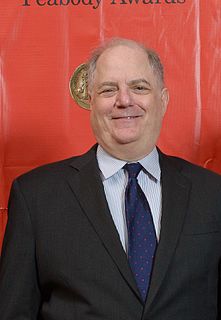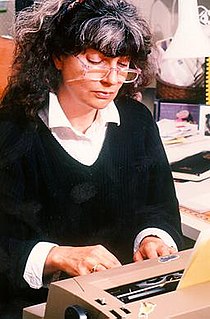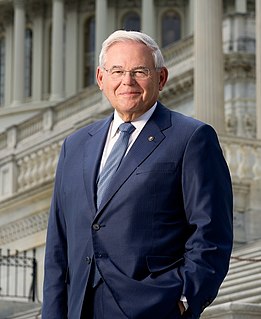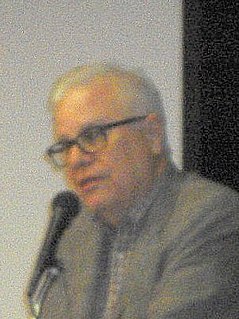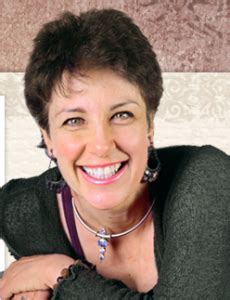A Quote by Frank Rich
In the bubble decade, making money as an end in itself boomed as a calling among students at elite universities like Harvard, siphoning off gifted undergraduates who might otherwise have been scientists, teachers, doctors, entrepreneurs, artists or inventors.
Related Quotes
Otherwise I got out of bed on two strong legs. It might have been otherwise. I ate cereal, sweet milk, ripe, flawless peach. It might have been otherwise. I took the dog uphill to the birch wood. All morning I did the work I love. At noon I lay down with my mate. It might have been otherwise. We ate dinner together at a table with silver candlesticks. It might have been otherwise. I slept in a bed in a room with paintings on the walls, and planned another day just like this day. But one day, I know, it will be otherwise.
How did scientists get money in the past? They were either lucky and independently wealthy, like Darwin, or they had patrons, like Galileo. Universities or governments have become patrons only in the last few generations. Many of the great scientists of the past were in debt to their patrons in the same sense that modern scientists are influenced by what their granting agencies want.
Increasingly I felt as if I were entering a struggle that might even be more than life and death. It might be a struggle for my soul, my essence, or whatever part of me might have reference to the eternal. There are worse things than death, I suspected... so far the word demon had never been spoken among the scientists and doctors who were working with me...Alone at night I worried about the legendary cunning of demons ...At the very least I was going stark, raving mad.
Scientists are people of very dissimilar temperaments doing different things in very different ways. Among scientists are collectors, classifiers and compulsive tidiers-up; many are detectives by temperament and many are explorers; some are artists and others artisans. There are poet-scientists and philosopher-scientists and even a few mystics.
